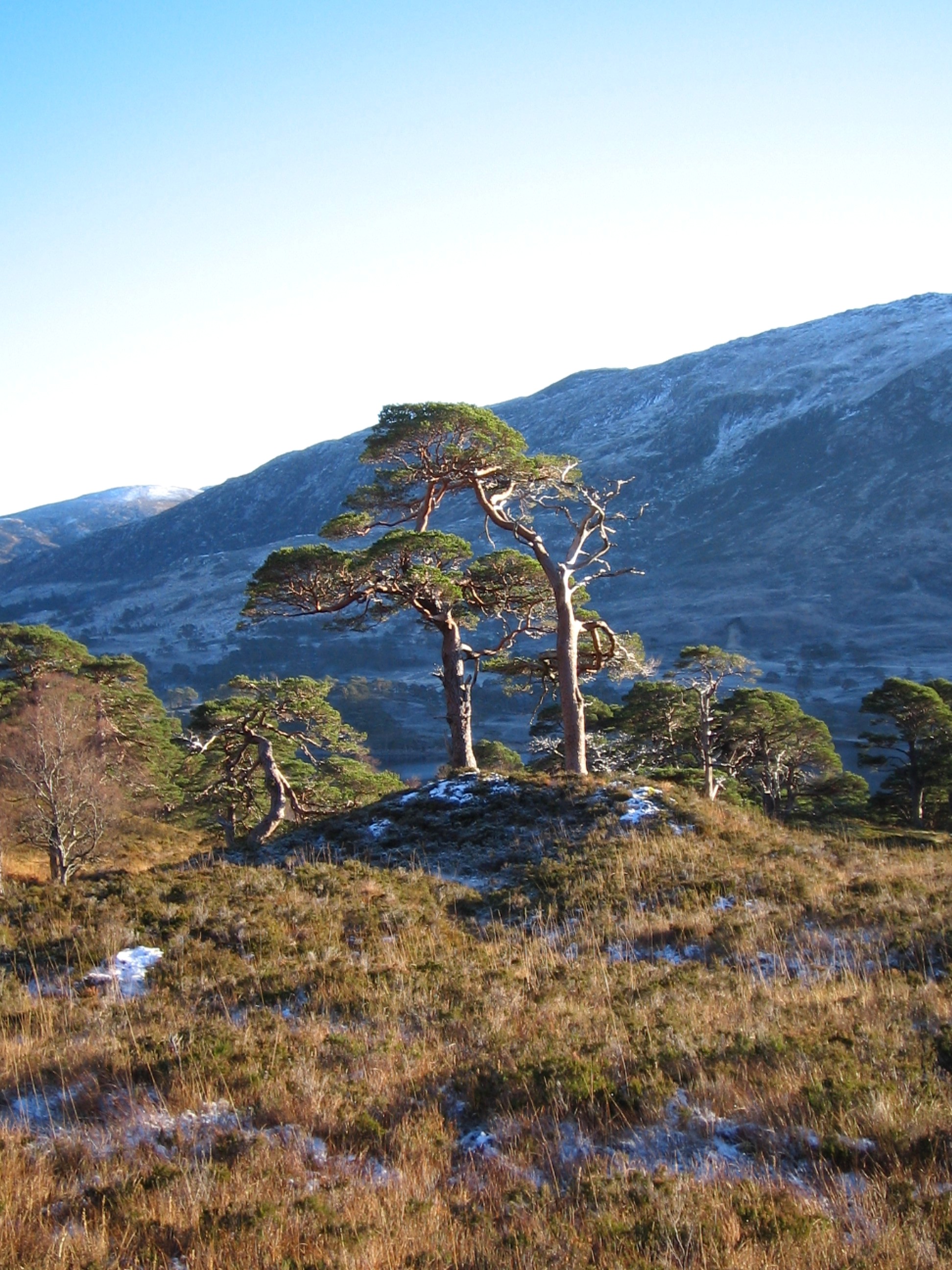The
grey squirrel was @SpeciesofUK from 10th to 16th March
2013.
Grey squirrels (or Eastern Grey Squirrels to give them
their full name) are part of the family Scuridae
which contains circa 285 squirrel species in total. The only other Scuridae species found in the UK is the
red squirrel.
 |
| Grey Squirrel [Source: Flickr Creative Commons © Dean Thorpe] |
Grey squirrels are not UK natives. They were introduced
to the UK from the USA in the late 1800s. They’ve been rampantly successful, out-competing
native red squirrels and driving them into ever smaller outposts.





